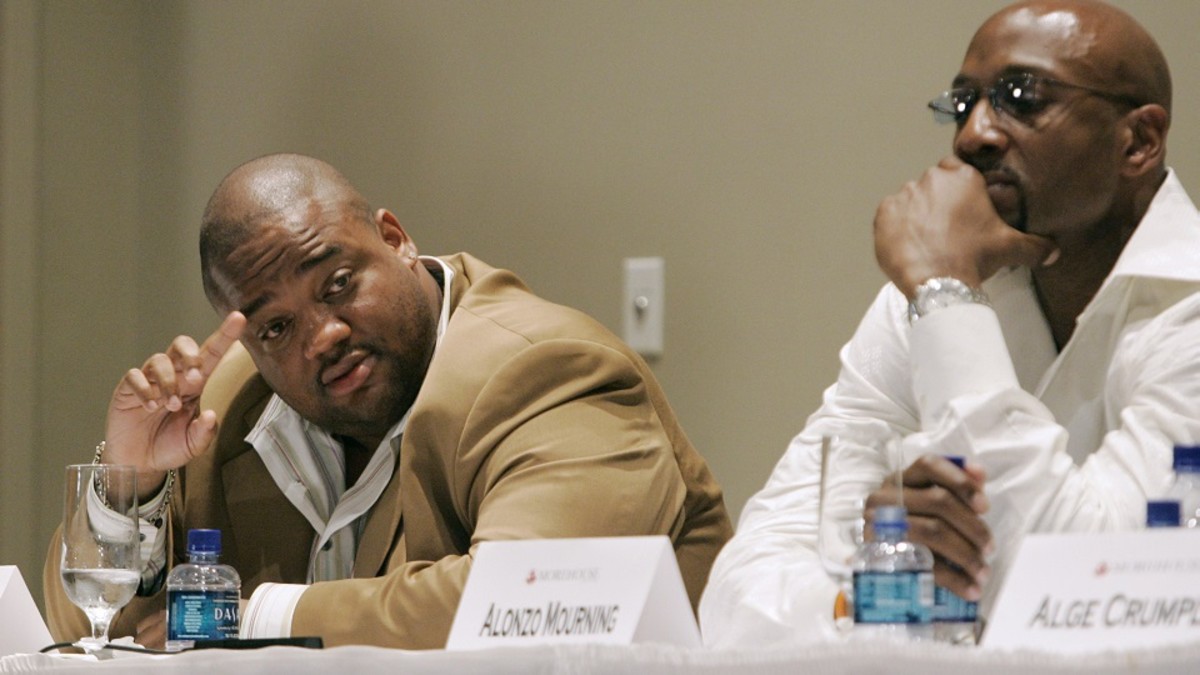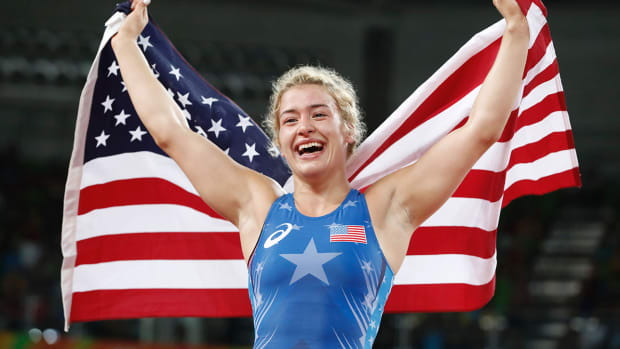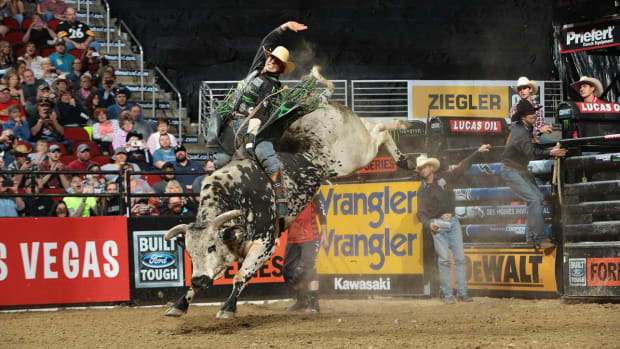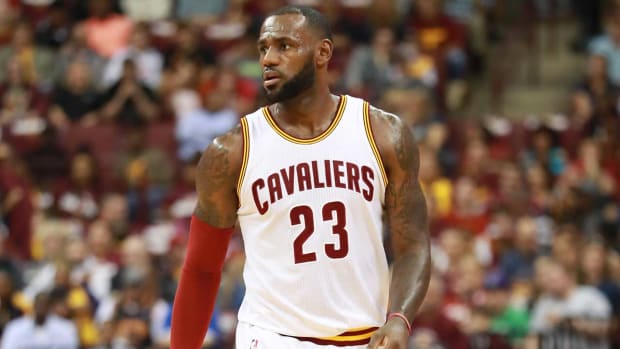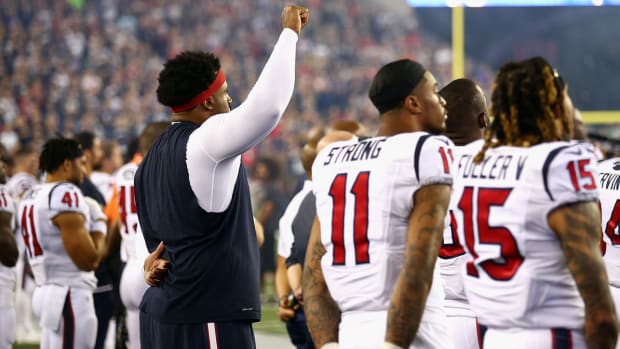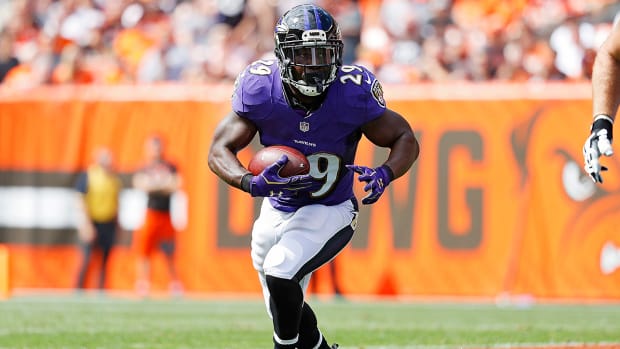Confessions of a non-'naturally grown' sportswriter
I am not a “naturally-grown” journalist.
It’s true. I didn’t cut my teeth writing obituaries for a small-town paper. I’ve never written anything without a byline. I didn’t spend a decade in locker rooms getting throw-away quotes from dull-witted athletes. I have never had dinner with or been to a private party with the athletes and coaches I cover. They have never threatened to “whip my ass.” They have never been to my house. I came to sportswriting through years of blogging, building a modest social media following, and a healthy dose of snark.
This is a problem for Jason Whitlock who, on his vaingloriously-named “J-School” blog, recently penned a rambling, disjointed criticism of sportswriters, decrying the lack of “naturally-grown journalists” and claiming that sports journalism is dying. What Whitlock means by “naturally-grown” isn’t totally clear, but it seems to have something to do with working in mid-sized Midwestern towns, upsetting athletes and coaches, and taking the same path to national ... prominence that Whitlock infamously has.
When I worked in Kansas City, I killed former Chiefs general managers Carl Peterson and Scott Pioli, as well as Chiefs players, regularly. I dealt with them threatening to whip my ass inside the locker room, at Diamond Joe’s, at private parties. I had ’em over to my house and ate dinner with ’em at restaurants. I saw them in press boxes and at press conferences. They had my phone number and could call and bitch for as long as they wanted. I heard ’em out. I gave ’em a chance to influence my perspective because I recognized they didn’t have a media platform to publicly defend themselves. I praised them passionately when they did something good. That’s journalism.
Actually, that sounds more like someone who wants to hang out with these guys rather than cover them as a journalist, but let’s set that aside for the moment.
The work that real sports journalists do is being devalued by kids given platforms meant for adults or truly gifted journalists. [Peter] King and [Michael] Wilbon and a bunch of other folks had to learn things, experience things and accomplish things before they were granted the privilege of trying to influence public thought. And after they earned the privilege, they had to get their thoughts through experienced editors who pushed their thinking to a higher level.
Ignoring that Whitlock includes himself among the “truly gifted journalists," let’s not pretend that beat writers, whom Whitlock seems to hold in particularly high regard, are exposing the Pentagon Papers or meeting Deep Throat in a parking garage. Certainly, guys like King and Wilbon have paid their dues and developed large followings as a result. But what Whitlock fails to realize is that some of the best sportswriting (and journalism) being done these days is coming from non-traditional sources. Consider, for example, Daniel Roberts of Deadspin, a full-time attorney whose work on Floyd Mayweather is largely responsible for educating the public about the fighter’s history of violently abusing women.
ESPN's decision to kill Grantland is sad for its employees, sports fans
Truth is, until the rise of blogs and social media, much of sportswriting was monochromatic, populated largely by middle-aged (usually) white guys, who shared the same “naturally-grown” background as Whitlock. Without taking advantage of the sportswriting back door afforded by blogging and social media, women and minorities would still find themselves on the fringes of sports journalism in far greater numbers than they do. The traditional route to “sports journalist” excluded many good writers from the jobs and access to the locker rooms that Whitlock deems so important to journalistic development.
In defending free speech, Supreme Court Justice Oliver Wendell Holmes invoked the marketplace of free ideas as the only acceptable manner for regulating speech. The audience determines what speech is worthy and what speech is not, passing on the best kinds of speech and shouting down the worst. The free trade of ideas is no less relevant in sportswriting than it is in first amendment canon law. The free exchange of ideas, whether or not their proponents are deemed worthy by the elite, is essential to a national discourse on just about anything, including sports. The more diverse the voices putting forth ideas, the more ideas the public has to choose from and the better the resulting discussion. The best ideas move forward, in the form of content that is widely shared, while the worst languish on little-read blogs and the fringes of social media.
Which brings me to the real crux of Whitlock’s issue: The frequency and intensity that guys like him — guys with “skin in the game” — are subjected to mass criticism. It’s one thing to get the odd letter to the editor complaining about your most recent piece. It’s quite another to post a bit online and immediately have 500 people pick apart your reasoning. And that’s really what bothers Whitlock. To his mind, those of us who haven’t "paid our dues" in what he considers to be the right way are not worthy of criticizing those who have. Never mind that the free marketplace has chosen to validate some of these non-“naturally-grown” journalists; that the same audience for whom he writes has found writers like Bomani Jones of ESPN (who Whitlock derides as “some guy from Miami”) and Greg Howard of Deadspin to be worth their valuable time.
Connelly Q&A: Editor-in-chief on what went right, wrong with Grantland
Whitlock’s contentions would be comical if they weren’t so earnest, and if so many old-school sportswriters hadn’t retweeted his column and urged so many of us to read it. It would be laughable if Whitlock weren’t excoriating the marketplace that gave us Jen Lute Costella and Jessica Luther, while inexplicably defending the likes of Skip Bayless and Stephen A. Smith. It’s enough to beg the question: What exactly is Whitlock defending here? But that’s obvious. He’s chosen the last bastion of largely white, almost entirely male blowhards who can say whatever they think without consequences as his hill to die on.
It’s hard to blame Whitlock for his recent spate of pearl-clutching. In recent years, he’s seen the rise of writers and social media stars who didn’t even go to journalism school while his own star has continued to wane. He’s made missteps in the way he talks about women, the way he talks about perhaps the greatest female athlete of all time, and suffered a public failure in his attempt to get The Undefeated off the ground. (Spoiler alert: it’s still grounded). The truth is, Whitlock’s opinions, columns and comments have been at best out of touch, and at worst stodgy and misogynistic, for some time. The reading public has been presented with alternatives to Whitlock’s predictable drivel, and has found them more to their liking. That has to hurt.
